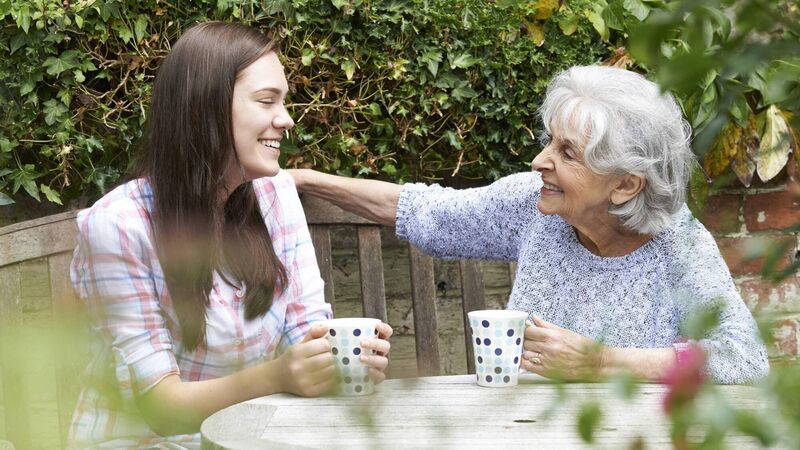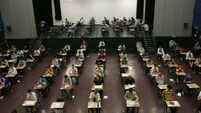Teenagers providing care in their own home are more likely to underperform in the Leaving Cert and less likely to proceed to third level education, a new report has found.
The research, Caregiving Among Young Adults in Ireland — produced by the Economic and Social Research Institute (ESRI) — found that a quarter of 17-year-olds are engaged in domestic caregiving. The new report, part of the the national longitudinal Growing Up in Ireland study, stated that that figure fell to a fifth by the time the subjects had turned 20.
Already a subscriber? Sign in
You have reached your article limit.
Subscribe to access all of the Irish Examiner.
Annual €130 €80
Best value
Monthly €12€6 / month
Introductory offers for new customers. Annual billed once for first year. Renews at €130. Monthly initial discount (first 3 months) billed monthly, then €12 a month. Ts&Cs apply.
CONNECT WITH US TODAY
Be the first to know the latest news and updates














